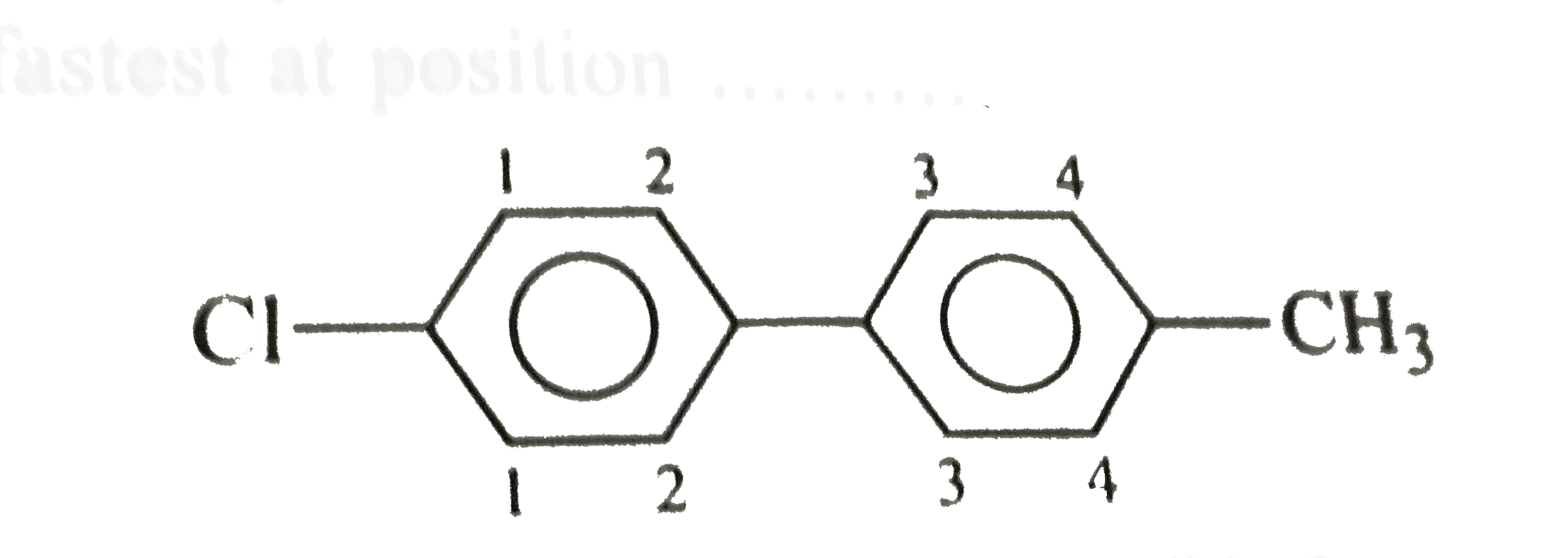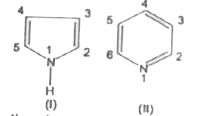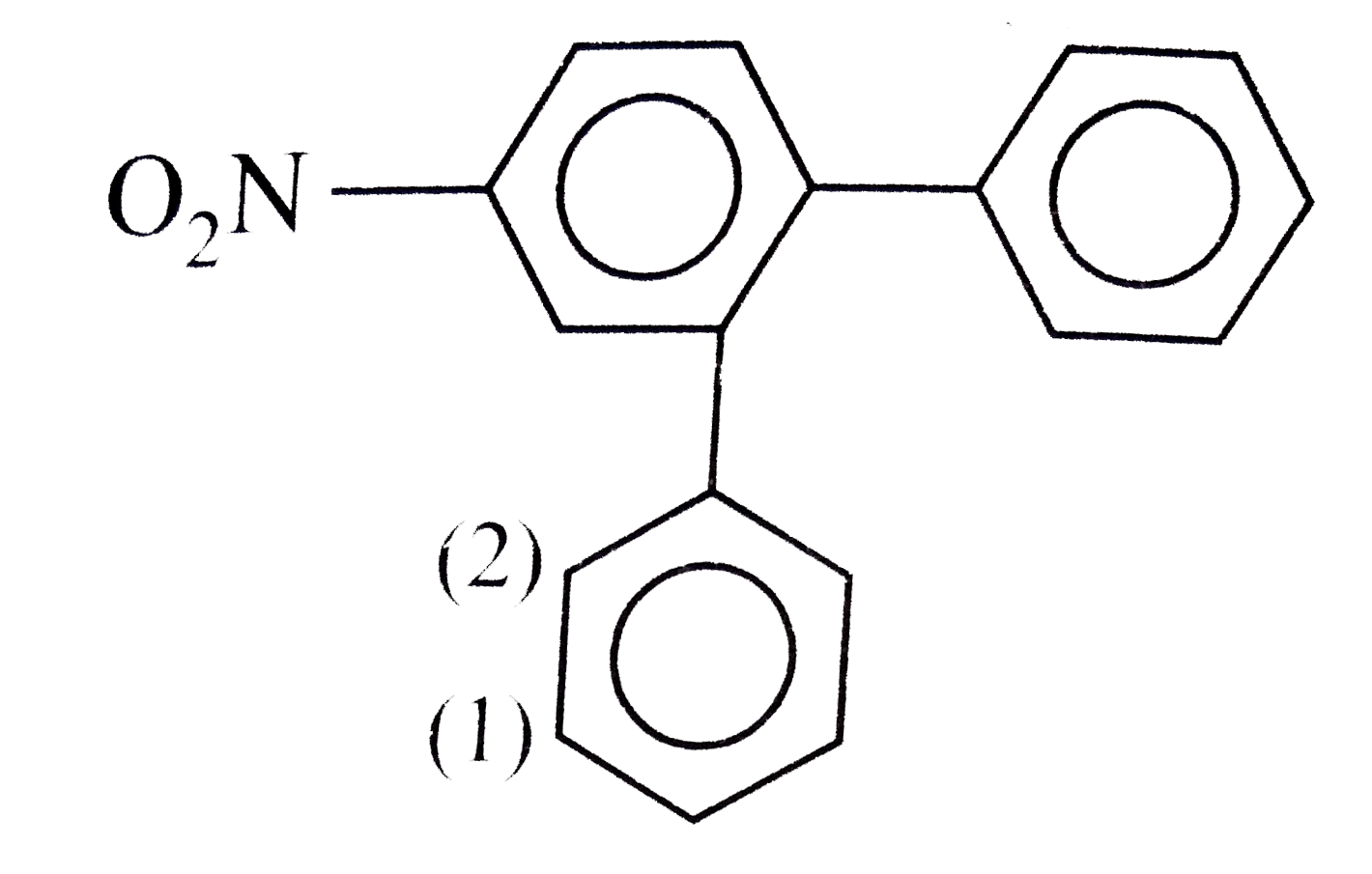Electrophilic substitution in the following compound will be fastest at position ?

1
2
3
4
The correct Answer is:D
Step by step video, text & image solution for Electrophilic substitution in the following compound will be fastest at position "............."? by Chemistry experts to help you in doubts & scoring excellent marks in Class 12 exams.
Topper's Solved these Questions
- BOOK - OP TANDONCHAPTER - HALOALKANES AND HALOARENES EXERCISE - Objective Questions Lavel -B48videos
HALOALKANES AND HALOARENES
- BOOK - OP TANDONCHAPTER - HALOALKANES AND HALOARENES EXERCISE - Objective Questions Lavel -B Set II This set contains the questions16videos
HALOALKANES AND HALOARENES
- BOOK - OP TANDONCHAPTER - HALOALKANES AND HALOARENES EXERCISE - Problems based on structure and properties18videos
HALOALKANES AND HALOARENES
- BOOK - OP TANDONCHAPTER - ELECTROCHEMISTRYEXERCISE - Matrix-Matching Type Question3videos
ELECTROCHEMISTRY
- BOOK - OP TANDONCHAPTER - ISOMERISM (STRUCTURAL AND STEROISOMERISM)EXERCISE - INTEGER7videos
ISOMERISM (STRUCTURAL AND STEROISOMERISM)
Similar Questions
Knowledge Check
- Question 1 - Select One
Electrophilic substitution in pyridine preferably occurs at position
AαBγCβDα,βorγ depending on the conditions of the reaction - Question 2 - Select One
Identify the correct of reactivity in electrophilic substitution reaction of the following compounds.
(1) Benzene
(2) Toluene
(3) Chlorobenzene,
(4) Nitrobenzene.A(1)>(2)>(3)>(4)B(4)>(3)>(2)>(1)C(2)>(1)>(3)>(4)D(2)>(3)>(1)>(4) - Question 3 - Select One
In the following compounds

the electrophilic substitution in the ring take place at _____positions respectivelyA2 and 3B2 and 2C3 and 2D2 and 4
Electrophilic substitution reaction in Haloarenes
View SolutionSeAr (Electrophilic Aromatic Substitution)
View SolutionChloro benzene is.....reactive than benzene towards electrophilic substitution and directs the incoming electrophile to the............ Position
View SolutionFor an electrophilic aromatic substitution reaction
View SolutionWhich of the position in the following compound is liable to be attacked by an electrophile ?
 View Solution
View Solution

